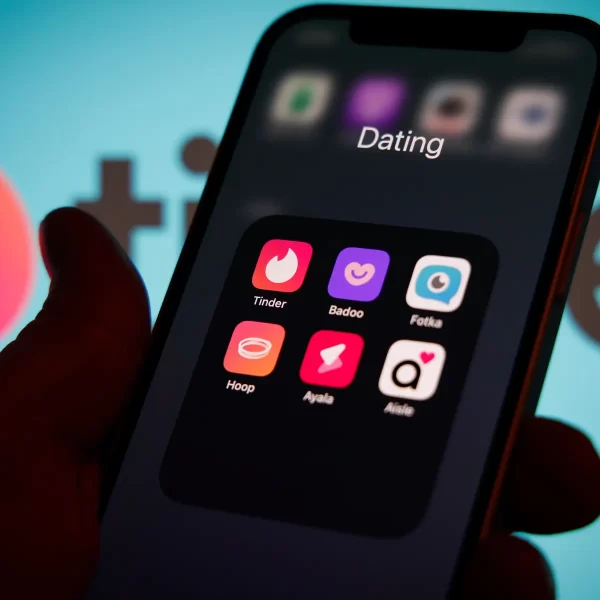Olympians Battle Mental Health
Athletes shed light on their mental health and struggles
Simone Biles speaks with Jordan Chiles at the 2020 Tokyo Olympics on July 27, 2021.
September 21, 2021
The 2020 Tokyo Olympics opened many eyes to the mental health side of the careers of elite athletes. In many instances, when athletes are vulnerable about their mental health, society tells them to “shake it off” or “toughen up” and focus on winning or “getting it done”. According to The Athletes of Hope, an association that aims to educate and encourage athletes, 35% of elite athletes deal with a mental crisis. Athletes are commonly perceived to always be strong, hardworking and stoic; however, some of the best athletes have the least support and counseling, especially those athletes that participated in the 2020 Tokyo Olympics.
There are multiple factors that affect how these elite athletes perform and what kind of headspace they are in. Not only does their team rely on them, but the entire country that they represent as well. The global media glare is perhaps the most influential aspect of the Olympics. There is a tremendous amount of pressure laid upon those athletes, especially if they’re a woman or person of color, since previous USA Olympians were mainly Caucasian and male. Simone Biles, for example, who is often declared the best gymnast in the world and has won 32 Olympic and world champion medals, suddenly stepped down from the Tokyo Olympics Team Final.
In an interview with Washington Post, Biles explained the reason why she felt the need to step down from the finals.
“Whenever you get in a high stress situation you kind of freak out and don’t really know how to handle all of those emotions, especially at the Olympic Games,” Biles said.
There are many students who struggle with their mental health as is – and adding sports on top of balancing school, work, home and social life, makes things more difficult.
Many students feel as if they’re burnt-out; that they’re emotionally, physically and mentally exhausted due to prolonged and excessive stress. Students handle stress differently, but many resort to subconsciously lugging it on top of each other. Students are only given weekends to relax and recharge, but many times, they must either work or complete school assignments.
Aleena Alapatt (12), a swimmer and lacrosse player, emphasizes that hassling school and sports is detrimental to her mental, emotional and physical health.
“I honestly feel like sports have destroyed my mental health, especially the strain from coaches. School mentally drains me; sports physically destroy me. I have no time to enjoy life – I’m constantly on the go,” Alapatt said.
Multiple students state that they are often physically drained from school sports. Out of a variety of 10 Spartanburg High School student athletes, with the majority of them being football players, nine state that their sport stresses them out.
Jayden Brown (11), on the other hand, finds both the benefits and drawbacks of sports participation.
“Football is a stress reliever to me, but it’s difficult to handle both school, football games and practice. You really have to prioritize and manage your time well in order to be the most successful,” Brown said.




















